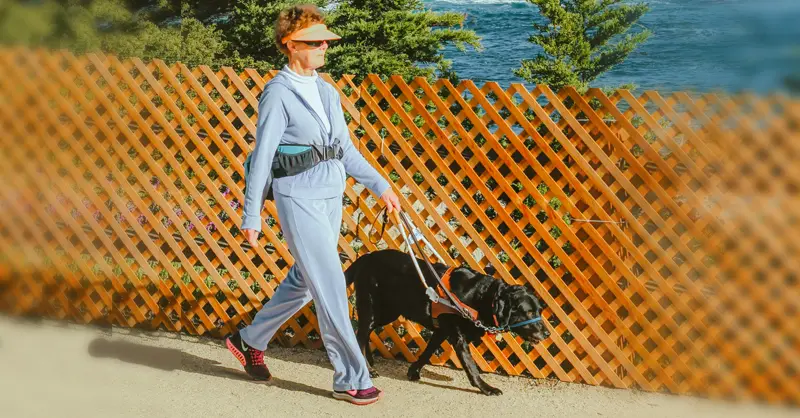Apologies, but no results were found. Perhaps searching will help find a related post.
State-Specific Guides for Assistance Animals
Discover current state-specific service dog laws and regulations. Learn about local requirements, housing rules, and public access rights for your state.

Most Popular State Articles
California Service Dog Requirements
California allows people with disabilities to live, travel, and go about their daily lives in the presence of a service dog. Service dogs are afforded... Read more
Florida Service Dog Requirements
The Sunshine State allows service dogs to travel, reside with, and perform daily living activities with their owners. The State of Florida aligns with the... Read more
Texas Service Dog Laws
Individuals with disabilities whether they are physical or mental often feel isolated because it is harder for them to function in public; this is where... Read more
Colorado Service Dog Requirements
If you have a disability, you may qualify for a service dog. Colorado law aligns with federal guidelines. These guidelines allow a person with a... Read more
Pennsylvania Service Dog Requirements
Residents of Pennsylvania who require a service dog are legally recognized under federal and state law. The ADA and the Pennsylvania Human Relations Act protect... Read more









